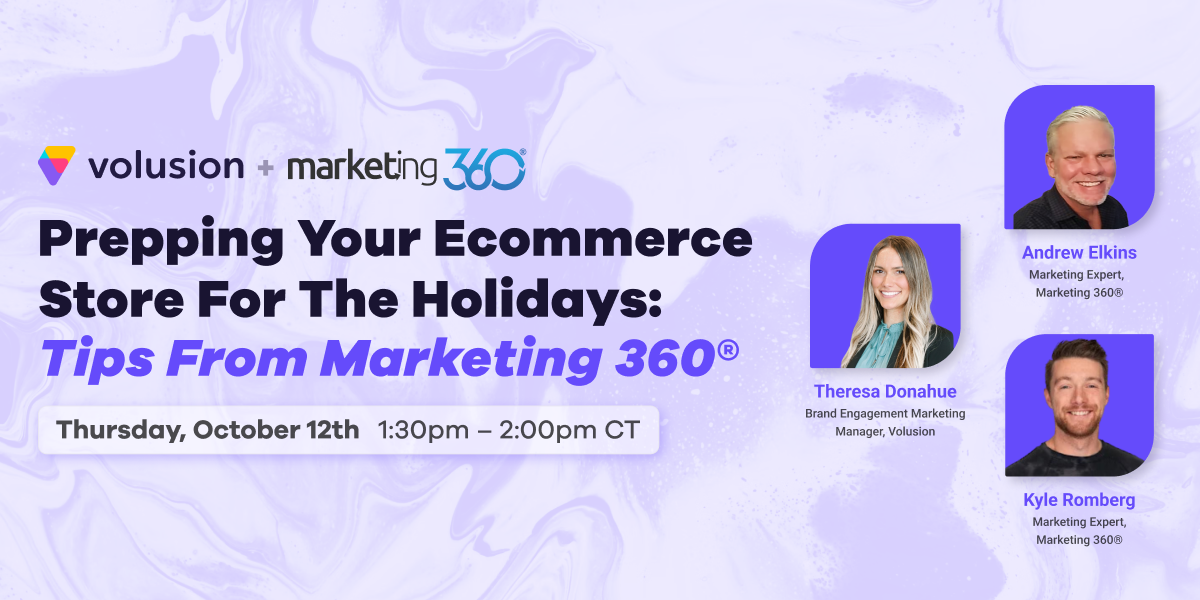
Organic social media consists of the unpaid activity businesses employ on their chosen social media platforms, which can include stories, videos, blogs, posts, and more. Considering that approximately 1 in 3 people use social media to learn about or discover new products, organic social media is an excellent addition to any ecommerce marketing strategy. Aside from being extremely cost-effective (in that it’s free!), here are some important reasons why ecommerce business owners should work organic social media into their marketing efforts.
1. Conveys Brand Values
Social media platforms give business owners a stage to tell their company’s story to the world. In this digital age, it is common for consumers to view a brand’s social media page to verify who they are and what their brand values are. Building trust with your audience in this way can increase brand loyalty and create a positive outlook for your company overall.
When creating content for your page, ask yourself: Who are you as a brand? What does your brand stand for? Not only can you create content to illustrate this, but you can also share external posts that mention your company to reinforce the positive things that others have said about you. After all, the way your brand is viewed can ultimately decide if a potential customer will consume your content and make a purchase.
2. Facilitates Engagement
Social media is social, which means that consumers have the ability to build relationships with companies now better than they ever have. Not only does social media allow you to tend to your current customers; it also allows new customers to discover and interact with you.
Relationship-Building
Utilizing organic social media is a truly great way to connect with current and potential customers once they become followers. Creating a bond with your customers can reap long-term benefits, including customer loyalty. Engaging with your followers on your social platforms allows you to relate to, support, and retain your audience.
Additionally, the community you create online allows you to learn about your audience while they are also learning about you. What are your potential customers saying? What are their needs? What are they asking for? Engaging with them can answer these questions, giving you a better understanding of how your ecommerce business can give solutions to their daily life.
Customer Service
Did you know that 65% of people aged 18-34 believe that social media is an effective channel for customer service? As social media grows, many consumers are reaching out to companies via direct message or commenting on posts to get an issue solved—nearly 70% of consumers surveyed have used social media for customer service.
The great news is that answering a social media complaint can increase customer advocacy by as much as 25%. Use social media as an extension of your customer service to nurture trust by responding to comments, private messages, and questions regularly. When you respond to your followers online, you’re encouraging more engagement from current and future audiences.
3. Complements Other Marketing Efforts
Maintaining active social media accounts can also assist with (and in some cases, boost) your other marketing efforts in various ways.
Paid Social
Organic social media complements paid social media fairly well. In general, you’ll want to target organic posts to current customers and use paid posts to attract new customers. While running paid ads, make sure that your social pages are being updated with interesting, quality unpaid content so that new visitors have something exciting to see. Keep a sense of consistency between paid and organic efforts to allow customers to gain the reliability of your brand—you can even post organic promotional content, such as sales and new products.
Reviewing the analytics of your paid ads can allow you to strategize how to implement your organic content, and vice versa. If an organic post is doing particularly well, you can pay to boost it to a greater audience, folding it into your paid strategy.
SEO
Although social media does not directly contribute to SEO rankings, it can indirectly affect your search ranking in a positive way. Social media profiles provide you with link building opportunities that can help boost organic rankings for other pages on your site. Having an active social media presence at all increases your visibility, which can also lead to more backlinks from other sites. Creating content that your customers share adds validity to your links, boosting organic SEO.
In Conclusion
Having an organic social presence online can boost brand authority, increase customer engagement, and complement other aspects of your marketing strategy. This cost-effective component can be a powerful ally to your ecommerce store when used correctly. Maintaining a relevant social media presence is not easy, and can be incredibly time-consuming. Our marketing and design experts at Marketing360 can help you build a social media strategy and guide you every step of the way! For more information, check out our website at volusion.com/marketing360.











